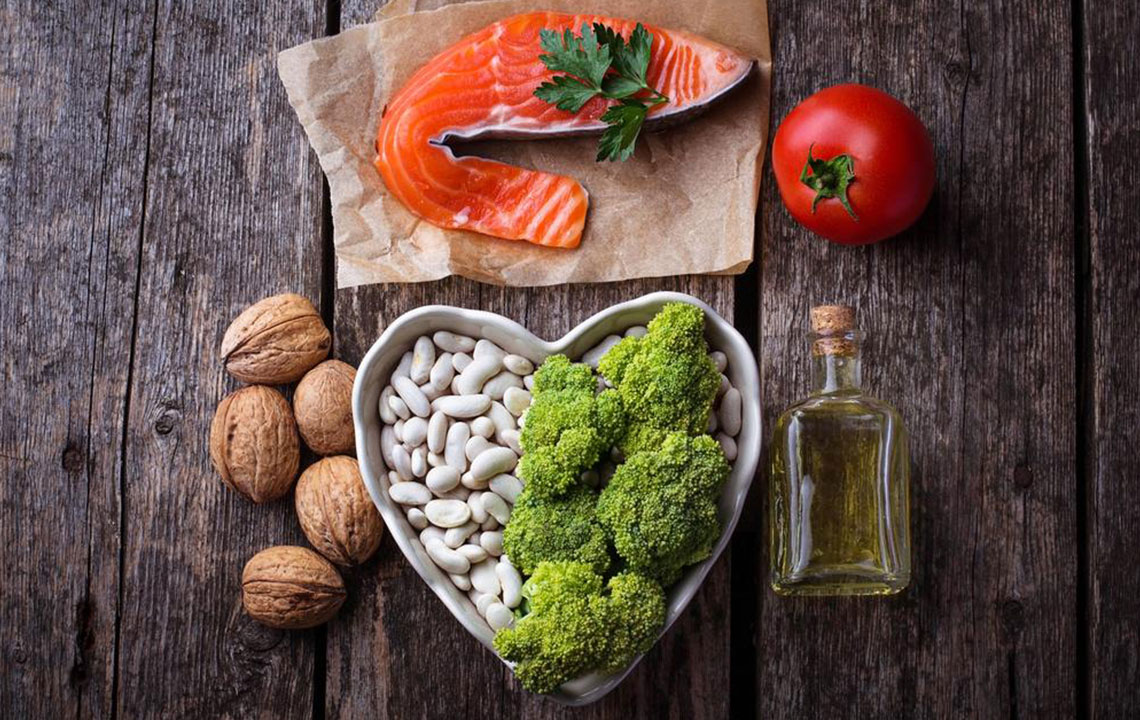Heart-Healthy, Nutrient-Rich High-Calorie Foods to Support Cardiac Health
Discover nutrient-dense, high-calorie foods that promote heart health. Incorporate fish, whole grains, citrus fruits, and soy products into your diet to support cardiovascular wellness. Learn about preparation methods and dietary tips for maintaining a healthy heart and managing weight effectively.

Heart-Healthy, Nutrient-Rich High-Calorie Foods to Support Cardiac Health
Maintaining proper eating habits plays a vital role in promoting a healthy heart. Excess weight can lead to various heart conditions, often influenced by dietary choices. Incorporating heart-friendly foods such as fresh fruits and vegetables, whole grains, dark chocolate, low-fat dairy, skinless poultry, lean meats, eggs, nuts, seeds, and healthy vegetable oils can help manage weight and improve cardiovascular health.
Consuming nutritious, calorie-dense foods promotes a balanced diet. Monitoring food calorie content aids in aligning dietary goals. Understanding the nutritional value of foods is essential for effective dietary planning.
Fish offers abundant protein and beneficial nutrients. Especially fatty fish rich in omega-3s can reduce cardiovascular risks. A 110-gram serving delivers 110–140 calories, 20–25 grams of protein, and 1–5 grams of fats.
Whole grains like oatmeal, bread, and pasta are high in soluble fiber and calories, which aid in lowering cholesterol levels.
Bright citrus fruits such as oranges, grapefruits, lemons, and pomelos are excellent sources of vitamin C, providing numerous health advantages when included in a heart-healthy diet.
Soy-based foods, including soybeans, soy milk, tofu, and soy nut butter, are rich in protein and omega-3 fatty acids, offering nutritional benefits without added cholesterol or fats.
Per 100 grams, raw soybeans contain 36% protein, 20% fat, 30% carbohydrates, and approximately 446 calories. Other soy options include tofu, soy cheese, and soy milk. Regular consumption can help lower bad cholesterol levels, reducing heart attack risk and improving overall health. Although potatoes are high in starch, they are also calorie-dense and nutritious when eaten in moderation. Potatoes are rich in potassium, vitamin C, and vitamin B6, with minimal fat and sodium. Preparation methods like boiling, baking, and steaming preserve their health benefits better than frying.
Incorporating these nourishing, calorie-rich foods into a heart-healthy diet can enhance cardiovascular well-being.










